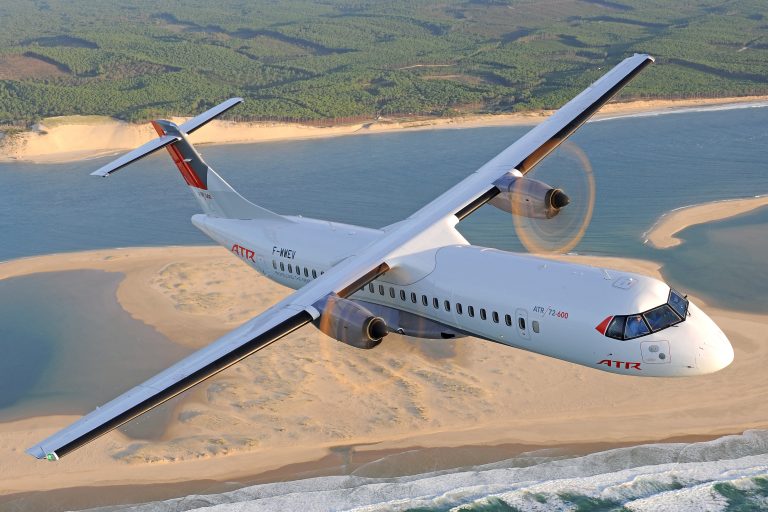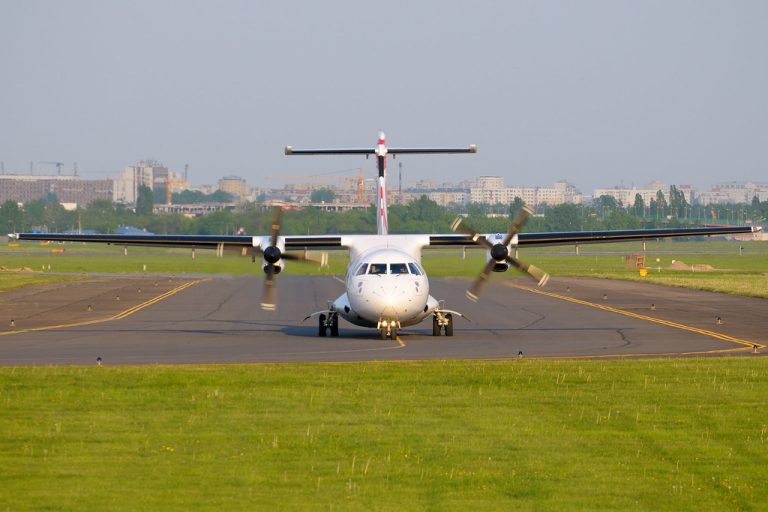The aviation sector is undergoing a transformative shift, and sustainable aviation fuel (SAF) is at the forefront. As airlines and governments commit to net-zero emissions, SAF emerges as a pivotal solution. Investors are now eyeing this burgeoning market, recognising its potential to revolutionise air travel and deliver substantial returns.
Sustainable aviation fuel, derived from renewable sources like plant oils, waste fats, and municipal waste, offers a cleaner alternative to traditional jet fuel. Unlike fossil fuels, SAF can reduce greenhouse gas emissions by up to 98%, depending on the feedstock and production method. This significant reduction positions SAF as a key player in decarbonising the aviation industry.
The production of SAF has seen notable growth. In 2023, global SAF production reached 600 million litres, accounting for 0.2% of total jet fuel use. Projections for 2024 estimate a rise to 1.3 billion litres, representing 0.3% of global consumption. While these figures indicate progress, they also highlight the vast potential for expansion in the SAF market.
One of the primary challenges facing SAF is the limited availability of feedstocks. Traditional sources like hydrotreated esters and fatty acids (HEFA) are in high demand, prompting researchers and companies to explore alternative materials. Innovations include the use of woody biomass, agricultural residues, and municipal waste, aiming to create more sustainable and scalable production methods.
Economic factors also play a crucial role in SAF adoption. Currently, SAF is more expensive than conventional jet fuel. However, with advancements in technology and increased production, costs are expected to decrease. Additionally, government incentives and carbon pricing mechanisms can further enhance the economic viability of SAF.
Major airlines are already investing in SAF. Companies like Lufthansa, Air France, and KLM have entered into multi-year purchase agreements, securing millions of tonnes of SAF for future use. These commitments not only demonstrate confidence in SAF’s potential but also signal a shift towards more sustainable aviation practices.
From an investment perspective, the SAF industry presents numerous opportunities. Companies involved in feedstock production, fuel processing, and distribution stand to benefit from the growing demand. Moreover, technological advancements in SAF production methods can lead to new market entrants and innovative solutions.
Sustainable aviation fuel is poised to play a critical role in the future of air travel. Its environmental benefits, coupled with increasing industry and governmental support, make it an attractive area for investment. As the world moves towards greener solutions, SAF offers a promising pathway for both environmental impact and financial returns.
Avation PLC (LON:AVAP) is a commercial passenger aircraft leasing company owning a fleet of aircraft which it leases to airlines across the world. Avation’s future focus are new technology low CO2 emission aircraft.








































